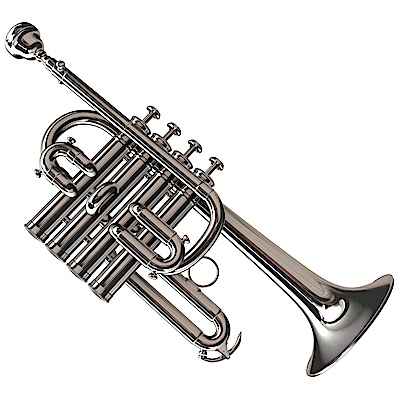
💪 The Power Behind the Notes
In the world of brass performance, endurance is the unglamorous backbone behind every epic solo, searing high note, and flawless ensemble line. It’s what keeps your tone solid in the 3rd hour of rehearsal. It’s how you make it through an 8-bar fortissimo phrase without fading. Yet so many trumpet players struggle with this silent saboteur: lip fatigue.
Whether you’re a marching band warrior, a classical soloist, or a jazz improviser—developing trumpet endurance is non-negotiable.
At TrumpetLessons.com, we specialize in brass mastery from beginners to pros. If you’re ready to stop falling apart halfway through practice or performance, buckle in—we’re about to give you everything you need to level up your stamina. 🎯
🧱 The Four Pillars of Endurance
Endurance isn’t brute force. It’s about smart, structured training across four interconnected areas:
1. 🗣️ Embouchure Efficiency
Focus on proper lip placement, relaxed corners, and minimizing pressure. A strong embouchure doesn’t mean tense—it means efficient.
➤ Explore: Embouchure Strength & Development on TrumpetLessons.com
2. 🔁 Daily Routine & Warm-Up
Use consistency to reinforce technique and stamina. Michael Droste’s Ultimate Warm-Up for Trumpet builds endurance with scientifically structured routines. Bonus: grab the free Trumpet Practice Sheet and Musicality Chart!
➤ Grab the book at TrumpetStudio.com
➤ Download free sheets from TrumpetLessons.com
3. 🧘 Breath Support & Body Use
Trumpet endurance is built on efficient airflow. Use your diaphragm, not your shoulders. Even airflow = steady tone = less chop fatigue.
➤ Watch the Breathing Techniques Video on TrumpetLessons.com
4. ⏳ Progressive Load Training
Add endurance challenges after warm-up. Gradually build up to intense etudes. Always rest as much as you play.
➤ View Intermediate & Advanced Method Book recommendations at TrumpetLessons.com
🎯 Key Exercises to Build Endurance
💥 Long Tones with Dynamics
Play one note for 30–45 seconds. Start soft (piano), crescendo to forte, then decrescendo. Don’t sacrifice tone for volume.
🔃 Lip Slur Ladders
Go up and down intervals smoothly, without tonguing. This targets endurance and flexibility simultaneously.
⬆️ Ascending Clarke Studies
Transpose Clarke Studies 1–3 up by half steps each day. It builds both control and range.
🧱 Wall of Sound Drill
Play a short phrase, then extend it by two beats each time until failure. Record yourself. Watch the limit stretch over time.
🎵 Etude Marathon
Play two contrasting etudes back-to-back without resting. A lyrical étude and a technical étude is a killer combo.
📥 Download Your Free Endurance Workout
We’ve built a powerful printable PDF that guides you through a daily workout for serious endurance gains.
📄 Download: “Trumpet Endurance Workout” on TrumpetLessons.com
Includes:
• Warm-up protocol
• Lip flexibility slurs
• Flow & breath drills
• 7-Day Stamina Tracker ✅
🧠 Pro Tips from the Studio
🎓 From over 30 years of experience, here are some golden rules:
• 💧 Stay hydrated: Dehydrated lips = fatigue faster
• 🛑 Rest as much as you play: The body builds during recovery
• 🧘♂️ Don’t tense the body when playing high or long
• 📓 Keep a log: Track how long you can play before fatigue
• 📹 Use a mirror or record yourself to spot tension
📚 Must-Have Books for Endurance Training
Endurance is built slowly with the right tools. These titles are tested, proven, and used by pros:
📘 Schlossberg – Daily Drills & Technical Studies
📘 Cichowicz – Flow Studies Vol. 1–2
📘 Colin – Advanced Lip Flexibilities
📘 Vacchiano – Trumpet Routines
📘 Smith – Top Tones for Trumpeters
📘 Michael Droste – The Ultimate Warm-Up Book
📘 Michael Droste – The Ultimate Technical Study Book
📘 Michael Droste – The Ultimate Wedding Book for Trumpet